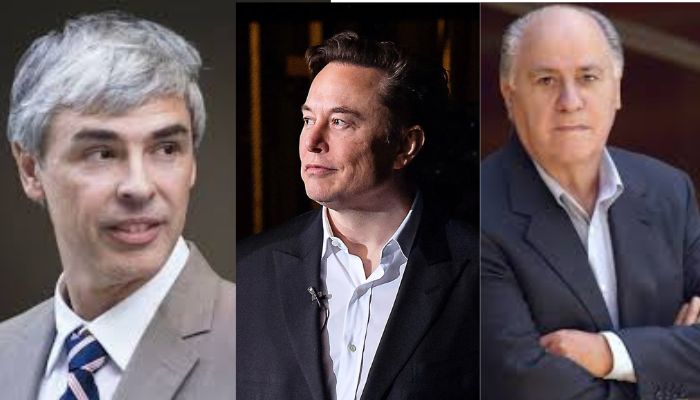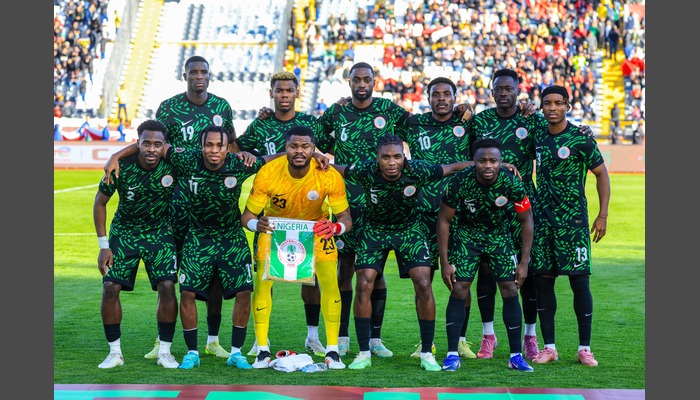Outspoken minister of Transportation and immediate past governor of Rivers State, Chibuike Rotimi Amaechi, has urged the Igbo elite not to continue to dwell on the plight of the Igbos but to work out solutions.
Speaking as Guest Lecturer at the 12th Convocation Lecture of the Nnamdi Azikiwe University in Awka, Anambra State, on Thursday, March 22, 2018, titled; ‘The Igbo in the Politics of Nigeria’, the Ikwerre-born radical students’ union leader urged the Igbo to decide in which political direction they should go henceforth.
Arguing that the Igbo would gain more by playing in a large environment than being boxed in one small corner of Africa, Amaechi said the highest gains by any Igboman were outside Igboland. He mentioned Nnandi Azike who reigned in Lagos and King Jaja of Opobo who made waves in the Niger Delta.
He said: “Let the quarrel with the north real or imagined stop. Let the recriminations stop and let us join hands as one people to chart the way forward for a brighter future for Nigeria. We need to examine very carefully the Igbo political trajectory and learn crucial lessons of history. How did Jaja, an Igbo slave, found a multi-ethnic state in Opobo and become the King with the consent of the people? How did Zik achieve national prominence and stature? We have an incredibly proud past, a rich political heritage forged in the most difficult circumstances. We must therefore focus on constructing the path to a proud future.
“Jaja was the Igbo born champion of the 19th century and Zik of the 20th century. The 21st century yearns for that champion. The theatre of politics for the coastal and inland states of Eastern Nigeria before colonialism, was in Bonny and for the colonial and post-colonial politics of Nigeria, it was in Lagos. Jaja excelled in Bonny while Zik excelled in Lagos. Why is Abuja politics so difficult for the Igbo to play? Perhaps, we are on the wrong track and employing the wrong paradigms. The Igbo nation should engage with others and immerse itself fully in national politics just like Jaja and Zik did. The handshake across the Niger celebrated recently in Enugu by Ohanaeze Ndigbo and Nzuko Umunna is welcome but a handshake across the Benue is most desirable now.”
Tracing the Igbo race from the Middle Ages, he warned that seeking an Igbo identity has always caused crisis because it snowballs into Igbo emotionalism as identified by historians. He said Baikie described the Igbo conceptualisation of themselves in words that are still true today. “In Igbo each person hails from the particular district where he was born, but when away from home all are Igbos”. He advised the Igbo to realise that their tribe is always in mutable condition, always rapidly changing.
He went on: “That is a crucial point because what is true of the Igbo in the past may not be true today. How people respond to issues today may be different from how they responded in the past. But the one that has remained true is the issue of Igbo emotionalism. The Igbo historical past is very important and at certain times it has been quite tragic. But we cannot remain trapped in our past and as someone once said, we cannot wish away the war that took place but we cannot continue to move forward with our heads slightly inclined backwards. You will either trip or not move fast enough. Don’t forget that you are in a race with other groups. Nigeria of the sixties is markedly different from Nigeria of today and the Igbo nation would have to adjust to that reality and strategise accordingly.”
Tracing the role of the Igbo in the slave trade and their sufferings and triumph across the globe, he concluded that slave trade made the Igbos to be the largest tribe in the Niger Delta over all other settler tribes. He showed that top characters like King Jaja fought their way from slavery to kingship. He said the Igbo began the fight for trade freedom in Nigeria through the fights by King Jaja that led to his death in exile.
He said Zik continued the fight in another way to win independence to Nigeria but regretted that the Igbos have continued to recede to tribal politics instead of marching out to fight in the centre. He mentioned Olaudah Equiano (first Igbo to author a book in English language), King Jaja and Zik as great Igbo minds that conquered their difficult environments to emerge leaders.
He deposed: “All through human history and up till this day, societies face all manner of challenges at different periods. The crucial issue really, has always been and will always be – how to cope with the situation at hand and overcome it. And my conclusion at the end of this lecture will be focused on what I believe the Igbo people should do to better their present political condition. No matter how bad you think the situation today is, not even the three-year period of the civil war was as bad as the era of slavery but yet the Igbo slaves did not keep lamenting about the fate that befell them. They struggled through a most difficult era and in some cases, as we shall see, became great achievers.”
Amaechi further said: “I will devote a little more time to King Jaja of Opobo, the greatest African of his era and the most famous of Igbo slave. His life story illustrates very clearly the trajectory of slavery from the Igbo hinterland to the Delta and the ethnic fluidity in the Niger Delta. There was a massive influx of Igbo slaves into the Delta in the 19th century with different impacts in the area. The Kalabari/Ijaw states developed their own techniques of assimilation but in Bonny, the indigenous language Ubani was almost replaced by Igbo.”
Using Nnamdi Azikiwe [or Zik of Africa] as a pointer, Amaechi said the Igbo were in need of a new leader. “He was a Pan-Africanist and in the context of Nigeria, he believed firmly in the oneness of Nigeria and that the Igbo will always be better served in a united Nigeria. A lot of people may disagree with him but if we must rely on the evidence of history not sentiments or emotions, then I can safely say that he was right. To that extent, I admit to being an adherent of the Zikist philosophy. The alternative trajectory has led to nothing but sorrow, ruin and gnashing of teeth. And the debate now is not about who caused what but about the consequence of the options taken.”
He insisted that Zik’s political achievement was yet to be matched by any other Igbo and it was achieved within the context of national politics not Igbo politics. “Since 1999, the Igbo people have always voted for the People’s Democratic Party [PDP]. There is nothing wrong with that but the question must be asked; has the PDP justified that support or reciprocated it in any manner? Is that support really earned? The complaint now is that the All Progressive Congress [APC] government of President Muhammadu Buhari abandoned the South East and is marginalising them. Without conceding to that, let us compare a situation where the PDP you voted for gave you a few appointments here and there and denied you any major developmental projects. As against the APC government of President Buhari, you did not vote for and who even if he denied you appointments, has certainly not denied you crucial developmental projects.”
He gave the punch, reeling out what he said the hated APC was doing in Igboland. “The Enugu – Port Harcourt dual carriageway abandoned since 1999 by the PDP is being handled with dispatch by this government, including both sections of the Enugu – Onitsha dual carriageway. Early works section four of the second Niger Bridge is ongoing. Then you have the rehabilitation of the following roads: Oba – Nnewi – Okigwe road linking Anambra state with Imo State, the Otuocha – Ibaji – Nzam road in Anambra state, the Abakaliki – Onueke – Abomega – Afikpo road [Ebonyi state], the Nnenwe – Uduma – Uburu road connecting Enugu state with Ebonyi State, the Oji – Achi – Mmaku – Awgu road in Enugu State, the Ozalla – Akpugo – Amagunze road [Enugu state] and the Ikot Ekpene – Aba – Owerri dualization project linking Akwa Ibom, Abia and Imo states among others. Almost all the important Igbo cities, Enugu, Owerri, Umuahia, Aba, Awka, Onitsha are captured in the existing Calabar – Lagos railway project and the Port Harcourt – Maiduguri standard gauge new railway projects approved by the President.”
He concluded by urging the Igbo to know their true enemy and their lover, and to choose their focus on how to fight in the larger Nigeria. Amaechi spoke in first person plural all the time, an indication that he was not ready to see himself as a non-Igbo, though he is Ikwerre.
Ignatius Chukwu








